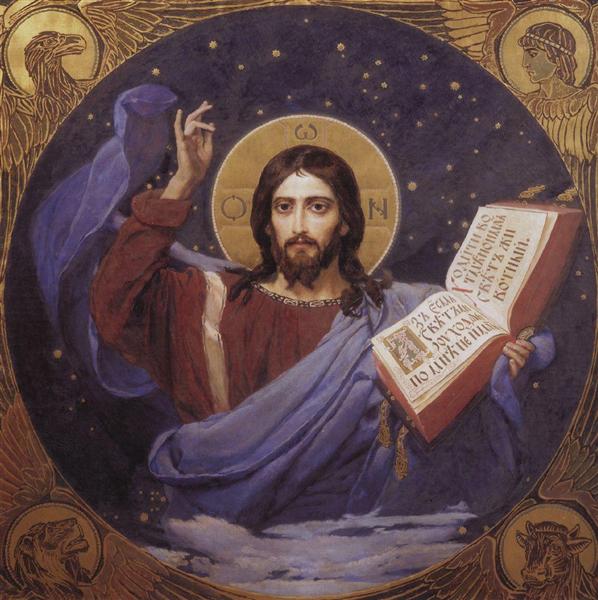
Septuagesima Sunday is the beginning of a short season in the Church’s calendar that prepares the faithful for Ash Wednesday and the Holy Season of Lent. During this period of time, the Gospels are about the different ways in which God calls each of us to serve Him. On Septuagesima Sunday, we hear the Parable of the Workers in the Vineyard.
As I meditated on this parable today, I thought about the many times in life when God has called saints to serve Him. There were some who were called as children and during their youth. There were others that were called in middle age. There were some who were called shortly before their deaths or when they had entered an age during which they thought that their conversion was impossible. Indeed, God calls all men and women to serve Him in some capacity.
The call to serve is not something dramatic. Usually, there isn’t an incident that happens on the road to Damascus where we are struck blind like St. Paul and see the error of our ways. Instead, the call is something quiet, but very persistent. It happens in the very depths of our hearts. If we are truly called to serve God in some way, we will hear that call over and over and over again. Of course, we can drown it out by listening to music, trying to forget God’s existence, or living only for the pleasures of this world, but it won’t completely deafen it. The call will always be there.
One of my favorite stories about how saints have received their vocations is about St. Ignatius of Loyola. He was, to all intents and purposes, a very worldly young man. He wrote poetry, courted young ladies and princesses, jousted, and did all of the things that young noblemen were expected to do in Renaissance Spain. One day during the siege of Pamplona, he received a cannonball to the leg. That cannonball was an instrument of God’s providence. Eventually, Ignatius found himself lying on a bed with a foot that had not been set well by the doctors. He asked his mother and sisters to give him something to read, but all the family had were the Lives of the Saints and The Imitation of Christ. Those books changed Ignatius’s life, but he would never have heard God’s voice had it not been for that cannonball.
Another story that comes to mind is about St. John Baptist de La Salle, the patron saint of teachers. He was born into a wealthy aristocratic family, received his seminary education at Paris, and was ordained a priest. When he returned to Rheims, he thought he would spend the rest of his life as a canon at the cathedral reciting the Divine Office every day. One day, however, he was approached by a friend who needed a chaplain for a school. La Salle agreed to be the school’s chaplain, but then found that the teachers at the school didn’t know how to teach and that they didn’t have anywhere to live. He began writing manuals on education and housed the teachers in his own house where he educated them. That was the beginning of his work and we owe much of our modern education system to these humble beginnings.
Of course, there are the stories of the martyrs as well. Numerous times, there were ordinary men and women who saw a Christian being tortured in the arena or by a judge. By seeing the heroic example of these men and women, these bystanders were converted and announced that they too were Christians. They too suffered and died for the Christian faith and their memory is kept by the Church in the Roman Martyrology.
Most of us will not receive the same calls as St. Ignatius of Loyola, St. John Baptist de La Salle, or the martyrs of the Early Church. However, each of us is called every day to live a holy and blameless life before God. We are asked, enjoined, and commanded to serve Him in this world, so that we may be able to see His glory in the next. It is our duty to discern the vocation to which we are being called by Him whether it be as religious, monastics, married, or single, and then we should say “Yes” and give ourselves wholeheartedly to whatever our vocations might be. Amen.